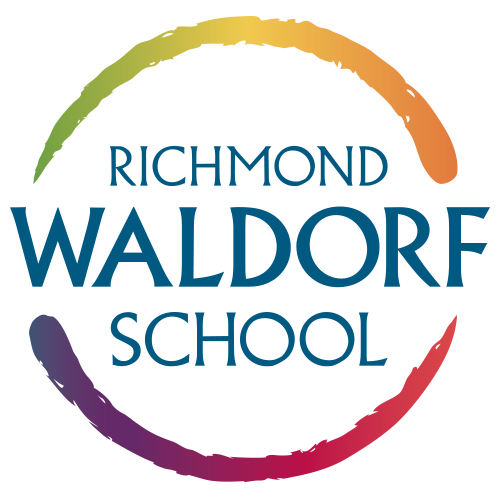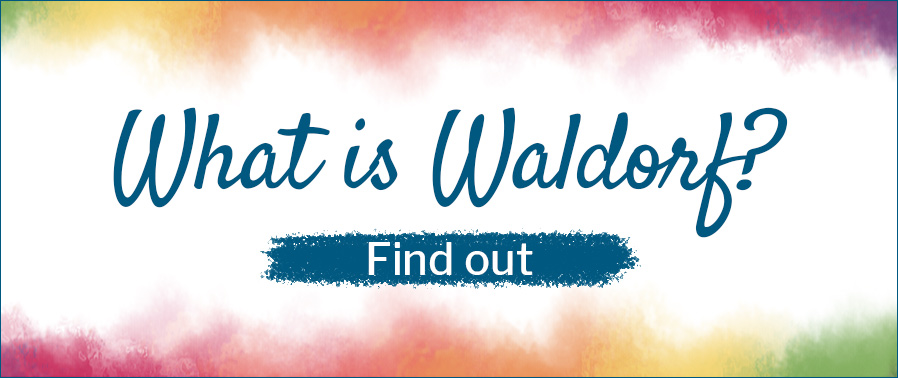Waldorf Education Provides A Foundation for Success
Many employers seek specific skills in their potential employees, such as leadership, effective communication, adaptability, teamwork, and creative problem-solving. Waldorf education stands out in preparing children with these crucial skills through a hands-on, experiential curriculum that covers a wide range of academics and arts. This approach helps students become confident, creative, adaptable, and able to connect well with others. Waldorf education doesn’t solely prepare graduates for higher education, it equips them for success in any career they choose.
In a recent editorial from LinkedIn this year, Top 11 Skills Employers Look for in Job Candidates, they identified the following areas that employers are looking for:
- Communication skills
- Leadership skills
- Teamwork skills
- Interpersonal skills
- Learning/adaptability skills
- Self-management skills
- Organizational skills
- Computer skills
- Problem-solving skills
- Open-mindedness
- Strong work ethic
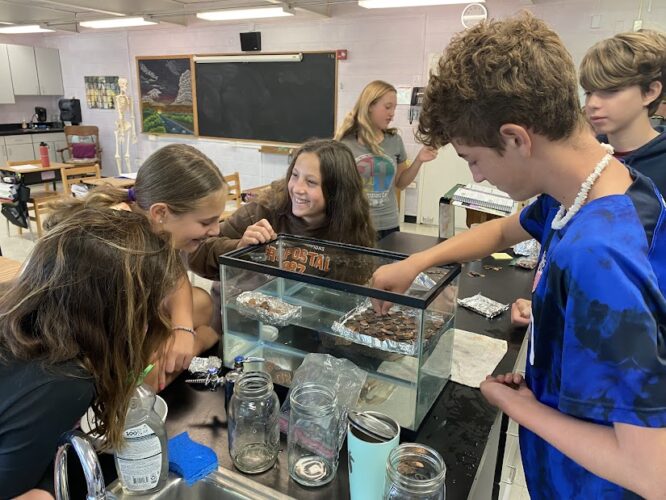
It’s noteworthy what is listed and what is not. While society makes it easy to focus on what advanced-level academic work is being introduced to students at what age, or what standardized test and IQ scores are, many believe there is a different approach that more fully prepares the next generation for an unknown future. Waldorf education makes the argument that when we emphasize creative, critical thinking, honor the developmental phases of students, and integrate nature, art, and teamwork into school, students can become their fullest selves and lead whole, fulfilling lives. RWS students learn handwork, woodwork, bicycling, study multiple world languages, paint, play sports, act in plays, and go camping. These are all intentional life lessons. They will develop important resilience and resourcefulness that will further their personal and professional lives. Our hope is they may even help our world to be a better place.
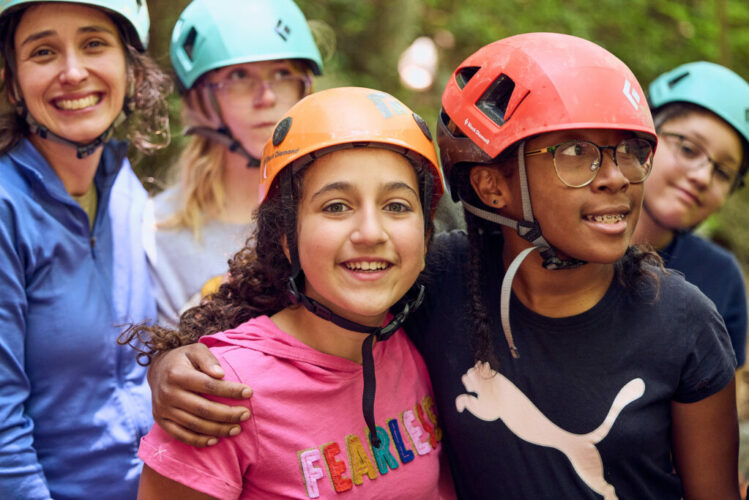
One RWS Alum, now an environmental science grad from University of Richmond said, “I think Waldorf made me really interested in learning and made it something I really enjoyed. At Waldorf, communication with teachers was a big thing. I really learned how to talk with them and ask questions. Problem solving was another huge concept I learned, as well as hands-on work. I learned a lot of great study habits that helped me. And also leadership skills.”
It’s natural to wonder how successful Waldorf school graduates are in higher education and beyond. A Research Bulletin entitled Standing Out Without Standing Alone: Profile of Waldorf School Graduates encapsulates the results of the comprehensive Survey of Waldorf Graduates, Phase II. The survey describes what Waldorf school graduates most love to study, which professions they select, what they think of their Waldorf education, and what they value as adults.
The survey suggests that a majority of Waldorf school graduates share the following characteristics:
- They value the opportunity to think for themselves and to translate their new ideas into practice.
- They practice life-long learning and have a highly developed sense for aesthetics.
- They value lasting human relationships.
- They seek out opportunities to be of help to other people.
- They sense that they are guided by an inner moral compass that helps them navigate the trials and challenges of their professional and private lives.
- They carry high ethical principles into their chosen professions.
As families explore different private, public, and charter schools to find the best environment for their children, parents are asked to consider what traits and capacities a school provides to best prepare their child for their future. As a Waldorf school, we take a holistic approach and consider the whole human being when setting our curriculum and the learning environment. This helps our students understand the meaning and purpose behind what they learn. It nurtures creativity, confidence, and builds capabilities to find meaning and purpose in life. Waldorf education’s focus on social-emotional development supports these areas, and spans the entire program, from Early Childhood through 8th grade. Our emphasis on group learning, long-term relationship building, and unstructured play opportunities gives students the opportunity to practice essential interpersonal skills that will serve them well beyond graduation from RWS.
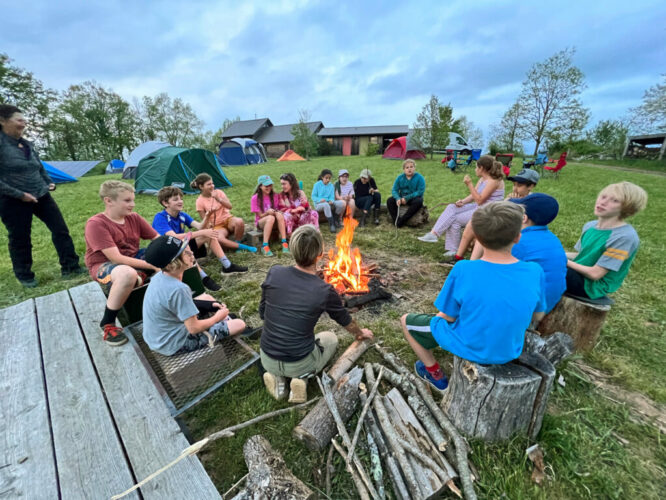
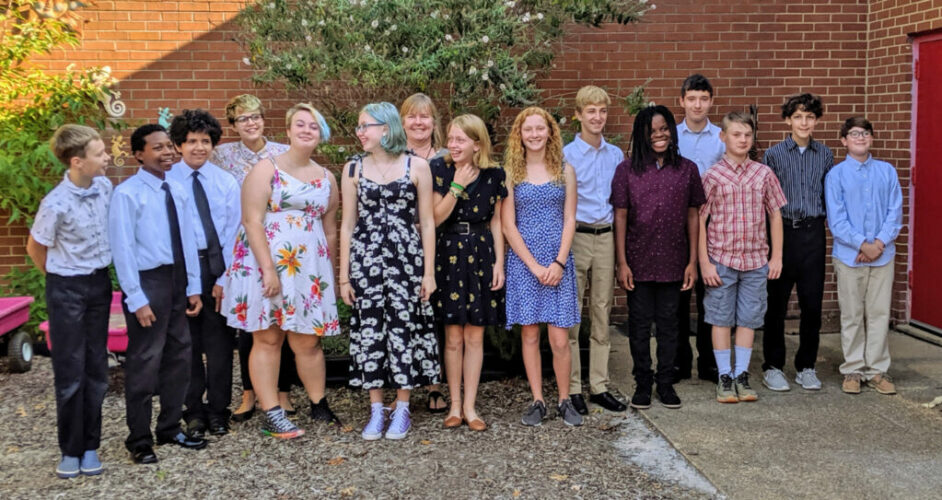
Want to Learn More?
We would love for you to explore the Waldorf approach! Sign up for a tour, or watch our school video where students talk about life at Richmond Waldorf School. Get to know us and see if RWS is right for your child.
At Richmond Waldorf School, we recognize that our student’s physical, social, and emotional well-being are a key part of their ability to learn and thrive. We look forward to meeting you and sharing more information about Waldorf education.
Valerie Hogan
Enrollment & Marketing Administrator
| 804-377-8024 ext 3
Richmond Waldorf School is a non-profit, private school in Richmond, Virginia offering Waldorf education for grades Pre-K – 8th grade.
